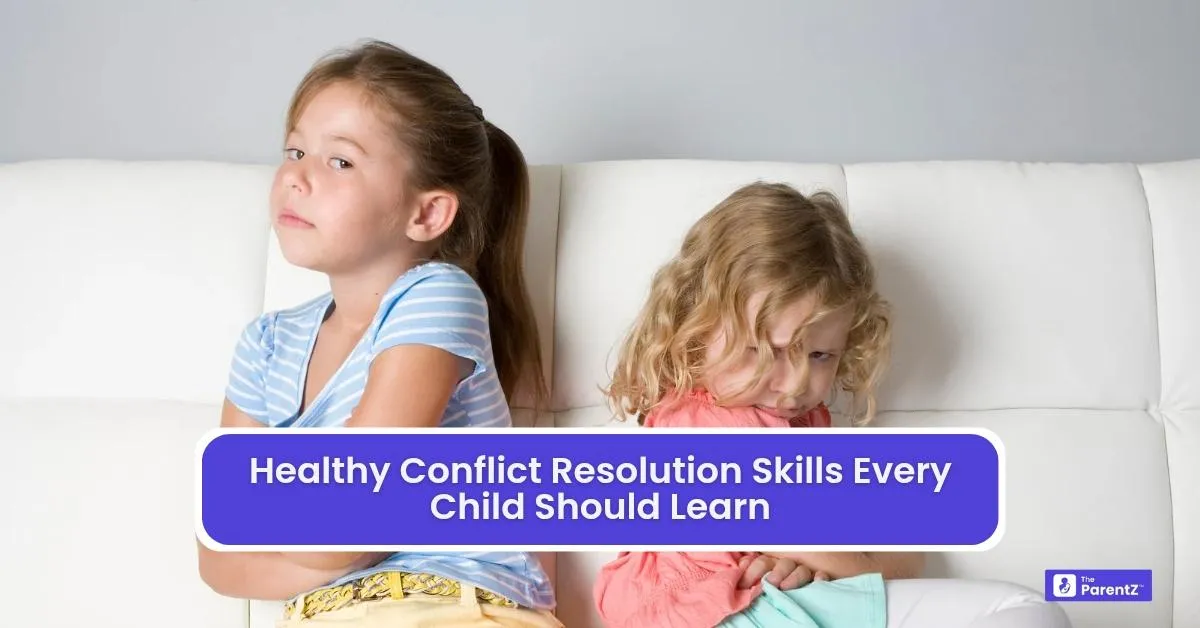Conflict is an inevitable part of growing up. Whether it’s a disagreement over toys, group work challenges, or differences of opinion, children need practical skills to resolve disputes respectfully and constructively. Teaching conflict resolution early helps children become empathetic communicators, reduces emotional stress, and fosters healthy relationships.
1. Active Listening
Children often focus more on defending their point of view rather than understanding the other person. Active listening means fully paying attention to the other person’s words, tone, and feelings without interrupting. Parents can model this by making eye contact, nodding, and summarizing what the child says to confirm understanding.
2. Expressing Feelings Clearly
A common reason conflicts escalate is that emotions remain unspoken or are expressed through shouting or withdrawal. Encourage children to use “I” statements (e.g., “I feel upset when my toy is taken without asking”) instead of blaming language. This helps keep the discussion calm and focused on the issue rather than attacking the person.
3. Identifying the Real Problem
Children may argue about superficial issues when the real problem lies deeper, such as feeling left out or misunderstood. Help them pause and identify what is truly bothering them. This awareness makes it easier to find a solution that addresses the root cause rather than just the surface disagreement.
4. Understanding Different Perspectives
Empathy is key in resolving disputes. Role-playing exercises can help children step into another person’s shoes and imagine how they might feel. When children learn to acknowledge others’ perspectives, solutions become more fair and acceptable to everyone involved.
5. Finding Win–Win Solutions
Conflict resolution should aim for outcomes that both parties feel good about. Teach children to brainstorm several possible solutions and evaluate them together. This encourages creativity and cooperation rather than a “winner–loser” mindset.
6. Staying Calm Under Pressure
Strong emotions like anger and frustration can cloud judgment. Deep breathing, counting to ten, or taking a short break before continuing the conversation can prevent impulsive reactions. Calmness helps children think more clearly and communicate respectfully.
7. Knowing When to Seek Help
While many disputes can be resolved independently, some require adult intervention, especially if they involve bullying, safety concerns, or repeated disagreements that cause distress. Teach children that seeking help is not a weakness but a responsible choice when situations become too difficult to manage alone.
8. Practicing Respect at All Times
Even during disagreements, basic respect, avoiding insults, personal attacks, or physical aggression, is non-negotiable. Reinforce that it’s okay to disagree, but not okay to disrespect. Respectful communication lays the foundation for lifelong healthy relationships.
Final Thoughts
Conflict resolution is not a single skill but a combination of empathy, communication, and problem-solving abilities that develop with guidance and practice. Parents who consistently model these behaviors and create safe spaces for children to express themselves help raise emotionally intelligent, respectful, and resilient individuals.





Be the first one to comment on this story.